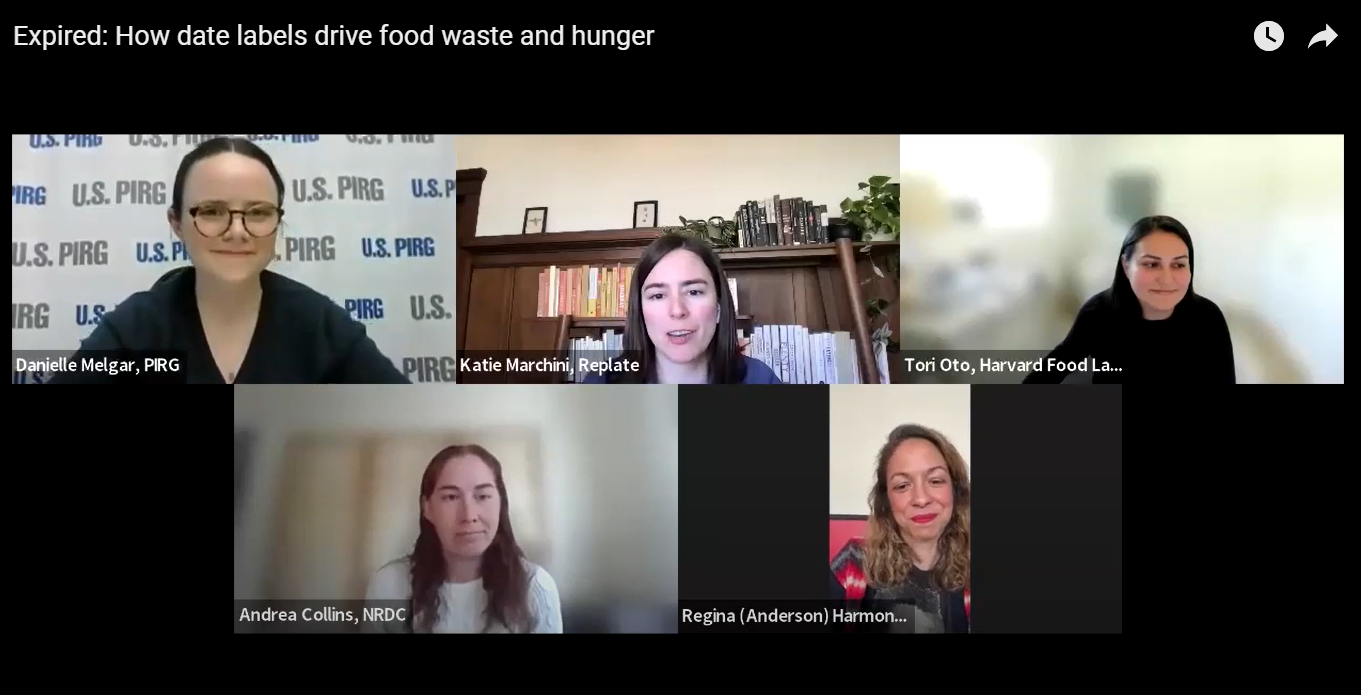
GUEST BLOG: THE FARM BILL MUST BE REFORMED
Many of our positions on food and farm policy align with those of Rep. Blumenauer, with whom we worked closely on the last Farm Bill. He has been and continues to be a champion on important farm and food issues, and we’re pleased to have him as a guest blogger.

By Earl Blumenauer
Member of Congress Representing the 3rd District of Oregon
Editorial Note: Many of our positions on food and farm policy align with those of Rep. Blumenauer, with whom we worked closely on the last Farm Bill. He has been and continues to be a champion on important farm and food issues, and we’re pleased to have him as a guest blogger.
In less than a year, Congress will take up one of the most important yet underappreciated pieces of federal legislation it regularly considers. This bill affects everything from human health to the environment, from our national debt to the price of a gallon of milk. This gigantic piece of legislation may come under a name like the “Farm Security and Rural Investment Act” or the “Federal Agriculture Improvement and Reform Act,” but it’s commonly referred to as the Farm Bill.
Since I was elected to Congress in 1996, I’ve been working to make each Farm Bill better. Again and again, I’ve seen the forces of reform trampled by large agribusiness interests. To be sure, we’ve had some small victories – we put a great emphasis on alternative energy in 2008, and in 2014, we got rid of direct payments (only to see them replace them with a subsidy scheme that is similarly weighted towards large-scale corporate interests). The voices of those who care about small and mid-sized farmers, conservation, research, and healthy food have too often been drowned out. Meanwhile, the forces of consolidation and questionable environmental policies march on.
Seeing so many frustrated by this process, I’ve worked to bring people together for a stronger, more unified approach. I spent over two years working with stakeholders in Oregon to determine what the Farm Bill would look like for them. In addition to farmers and ranchers, we expanded the conversation to also include people in health care, nutrition, conservation, food processing and distribution, local government, education, and more. Throughout this process there was a clear consensus that we really can do better, but that it would require systems-level change. Many farmers and ranchers are not actually interested in direct subsidies – they want their products to be valued at their true worth. We don’t have to spend so lavishly in the wrong areas while short-changing things that would actually make a difference.
We need a new approach.
Yesterday, I was joined by a number of the best thinkers and advocates – food policy experts, environmentalists, public health experts, animal welfare supporters, and policymakers – to speak for all who don’t want to settle for another status-quo Farm Bill. We all agree: the Farm Bill must be reformed, and I introduced an alternative to the Farm Bill, focused on food and farms.
The Food and Farm Act directs resources to those who need it most, fosters innovation, encourages investments in people and the planet, and ensures access to healthy foods.
First and foremost, the bill reforms subsidy programs. It gets rid of certain expensive and inefficient programs entirely, and places limits on others so they can’t be abused. It expands tools to ensure that farmers who grow multiple crops and employ sustainable practices like crop rotations and cover crops can get assistance.
The Food and Farm Act doubles funding to support conservation, and it restructures environmental programs to focus on small and medium-sized farms instead of massive operations. Livestock and poultry farmers are encouraged to stop the overuse of antibiotics, and CAFOs can’t get funding that other more deserving farmers can use. Under our bill, if you are a farmer and you get a subsidy, you are required to take care of the environment.
The Food and Farm Act invests in local food and in helping new and socially disadvantaged farmers. Our legislation supports efforts to ensure animals are more humanely treated, and increases support for organic, diversified and pasture-based systems. It encourages sustainable farming techniques that reduce carbon emissions, and funds research on the impacts of climate change on agriculture. Importantly, the Food and Farm Act increases access to healthy food for all Americans. By increasing connections between local farmers and urban and rural food systems, our legislation bridges the divide between rural and urban America.
If we want to see a food system that finally turns the tide on massive pollution-caused dead-zones, encourages crop diversity, and stops subsidizing food that makes us sick, we need to reform the Farm Bill.
The Food and Farm Act sets our nation’s food policy on a new track, one that focuses less on subsidy and more on investment, innovation, and opportunity for everyone.
Topics
Find Out More


New report reveals widespread presence of plastic chemicals in our food

Taylor Swift albums as food waste reduction solutions


